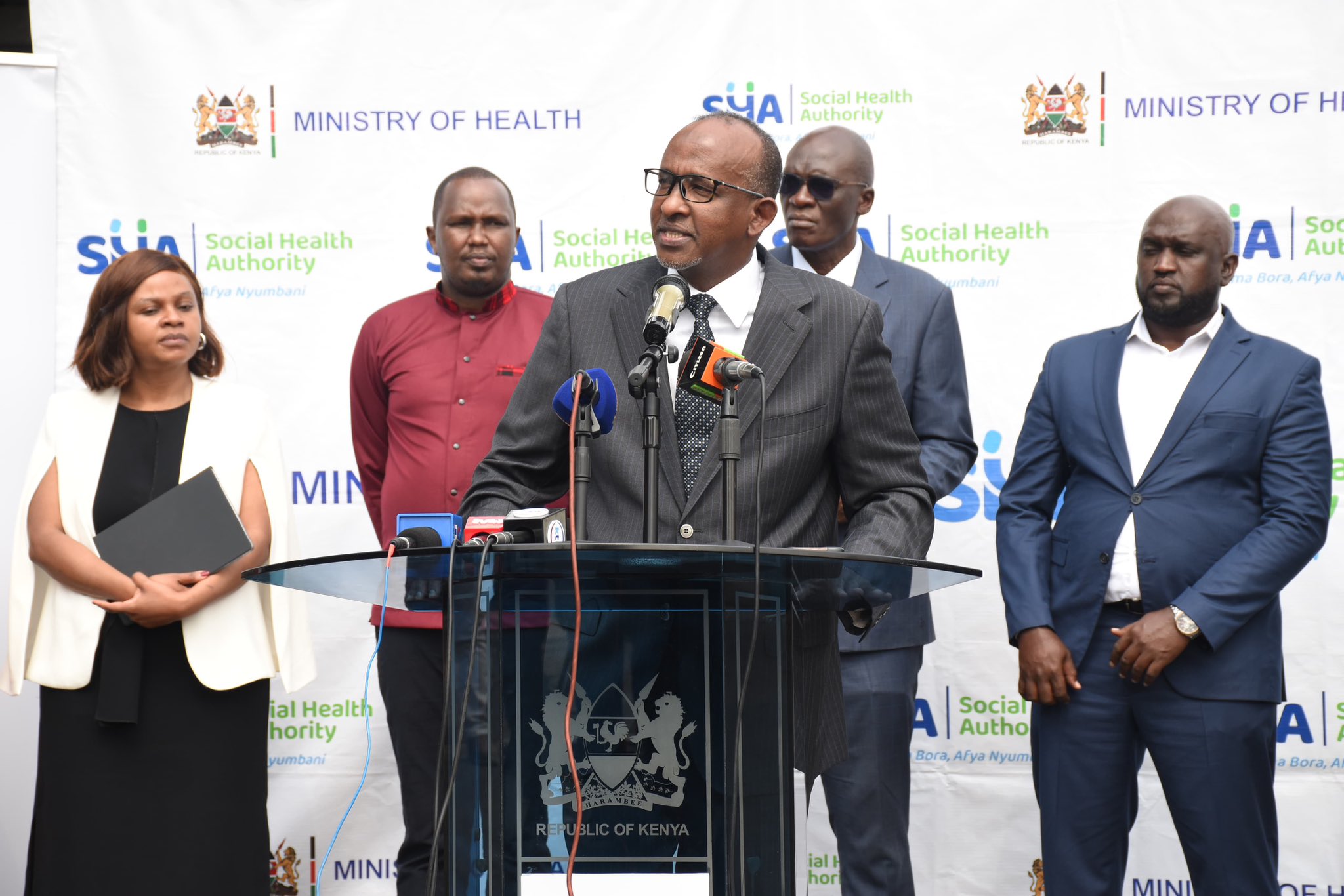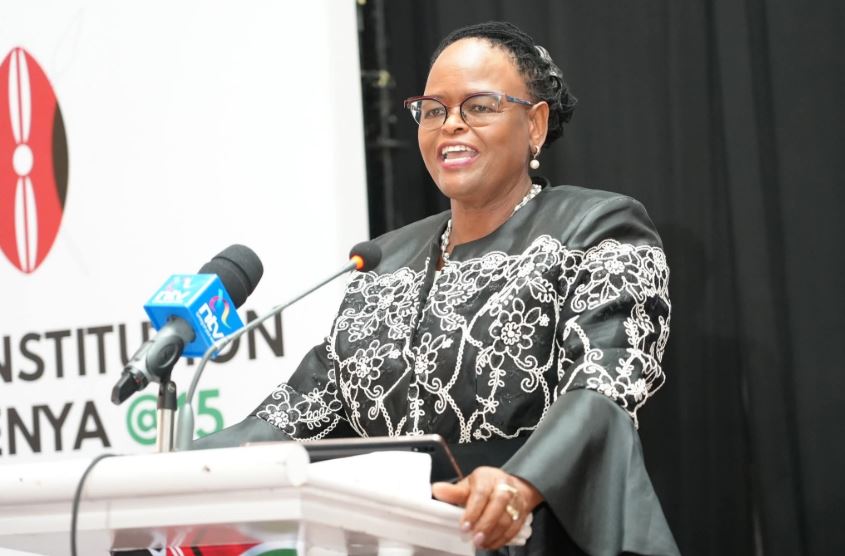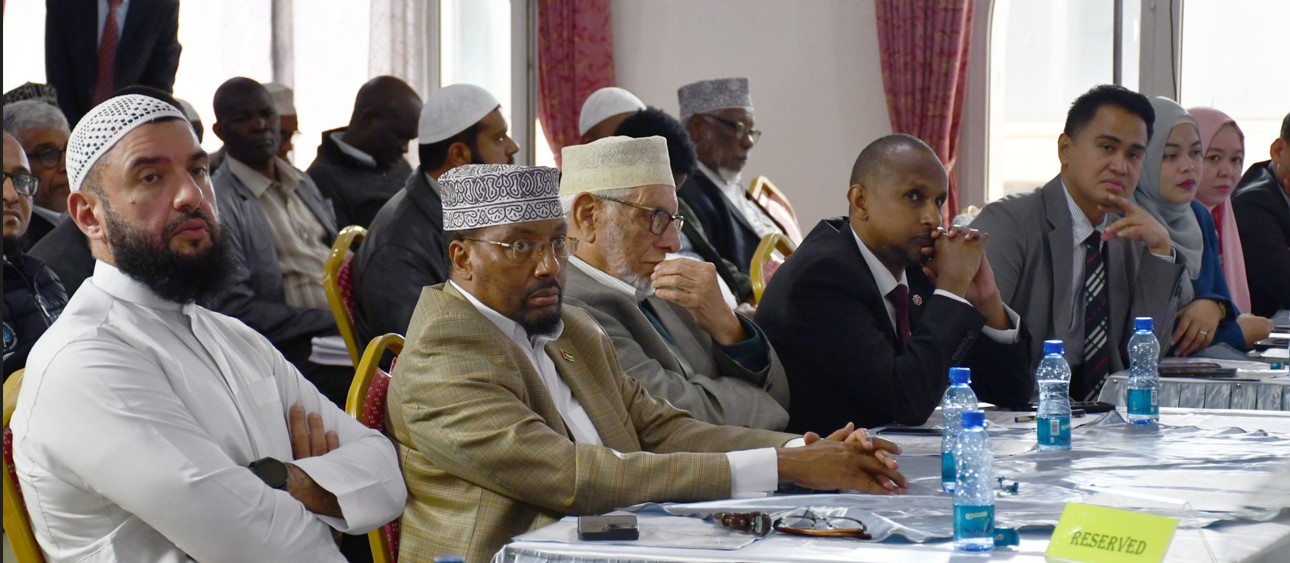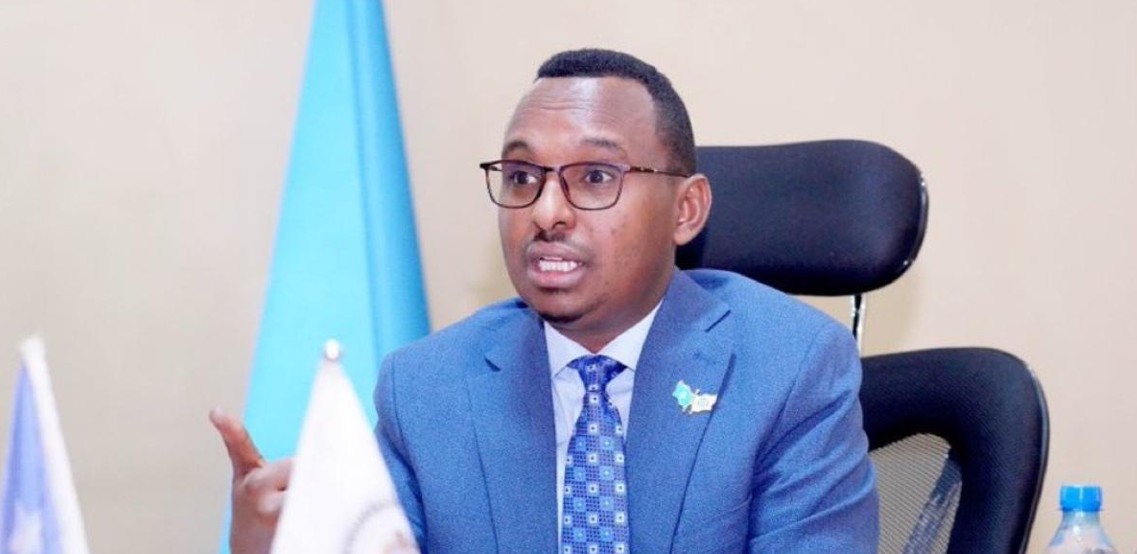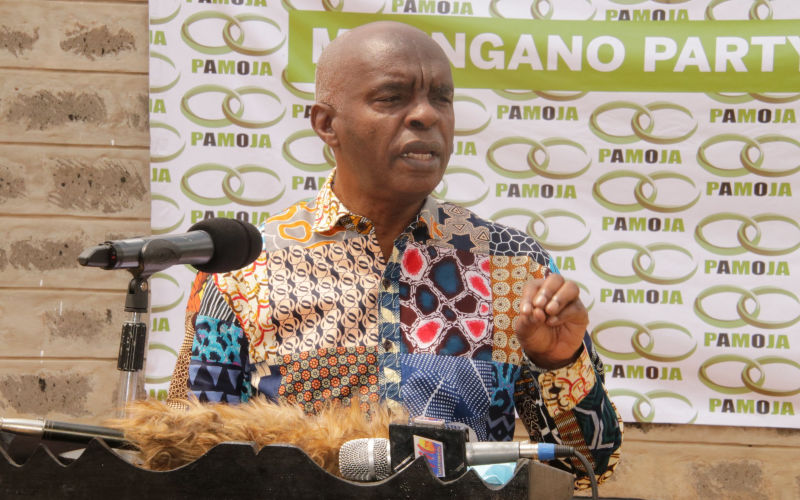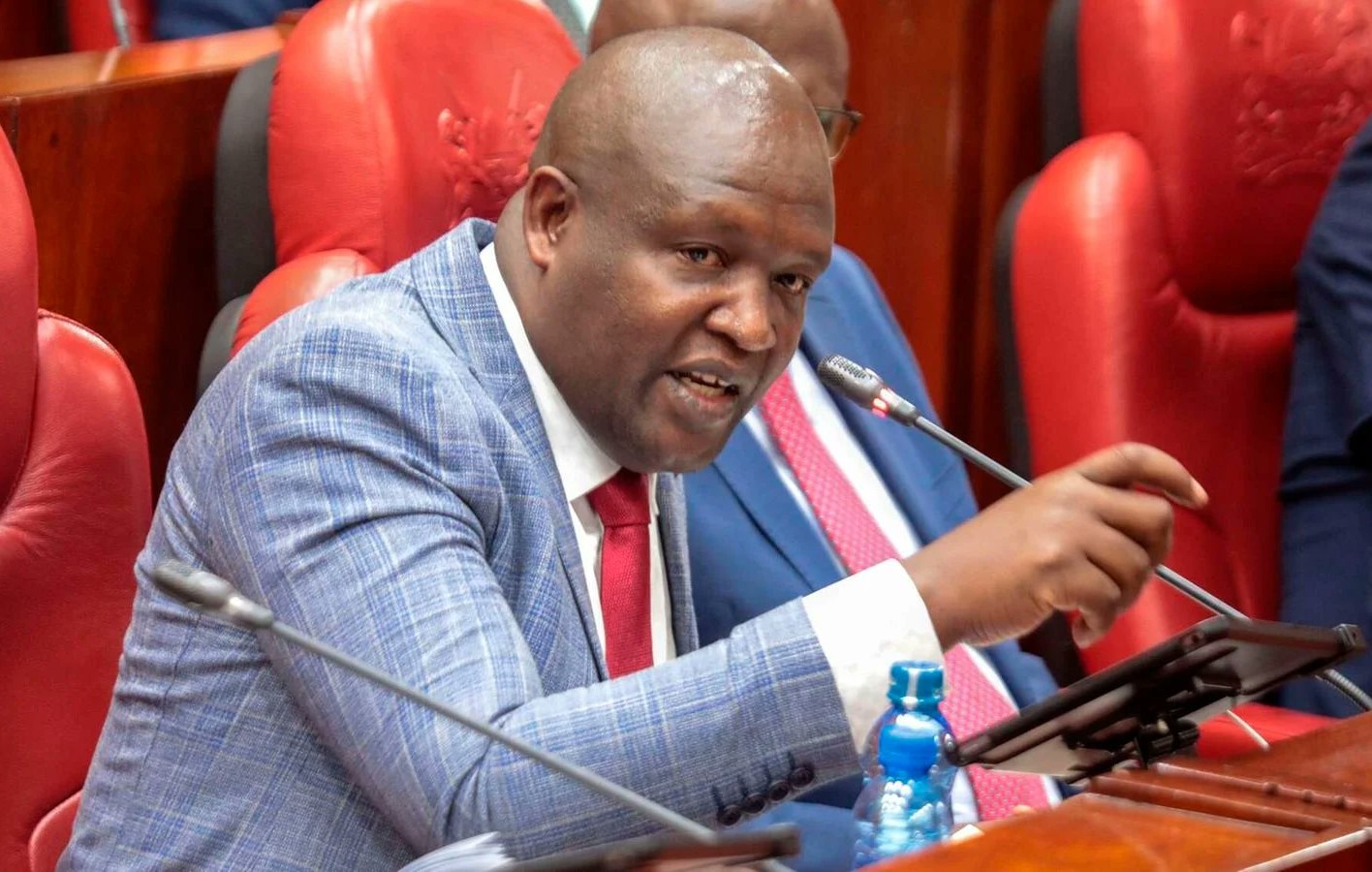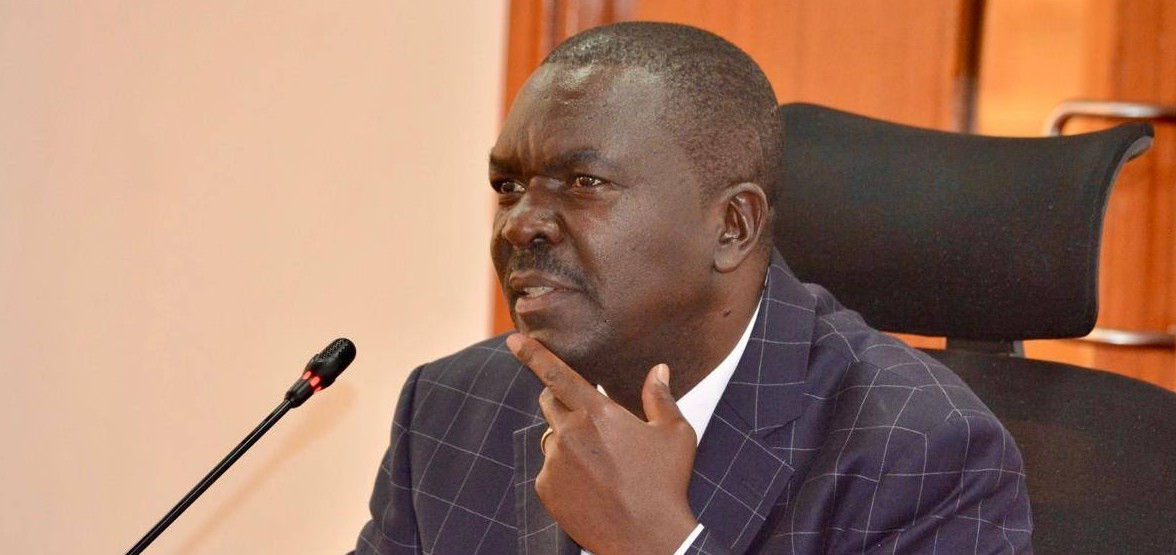African governments urged to boost funding as NCD crisis deepens
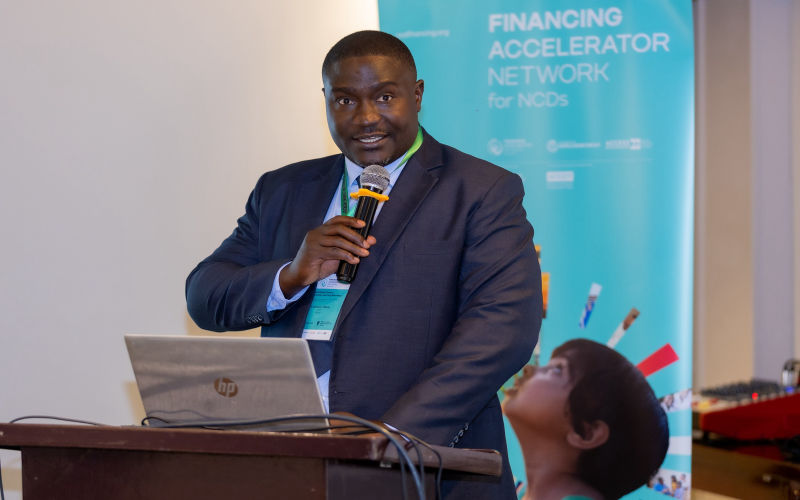
Data from Kenya’s Ministry of Health shows that in the 2018/2019 financial year, only 11.6 percent of the national health budget went toward NCDs.
African governments have been called upon to strengthen domestic financing for non-communicable diseases (NCDs) as the continent faces a growing health crisis. Experts say relying on external aid is not sustainable and stress that long-term funding must come from national resources to effectively tackle the rising NCD burden.
The World Health Organisation (WHO) reports that NCDs are responsible for 74 per cent of deaths globally and 84 per cent of premature deaths in low- and middle-income countries. In Africa, the incidence of these diseases has been steadily increasing since 2017, putting added pressure on fragile health systems.
More To Read
- 2.1 billion people still without safe drinking water - UN report
- US suspends chikungunya vaccine after reports of severe side effects
- 45 more health facilities to be deregistered as ministry uncovers widespread fraud in hospitals
- Ministry of Health clears 7,414 UHC workers for government payroll as 215 ghost staff removed
- Heat stress on the rise, slashing work productivity by 2-3 per cent, report warns
- It’s time to end physical punishment of kids once and for all, WHO says
At a recent two-day workshop in Nairobi, researchers, policy makers, and health financing experts from seven African countries urged governments to prioritise domestic health funding. The forum emphasised that predictable, locally sourced resources are critical for prevention, treatment, and sustainable management of NCDs.
“Domestic resource mobilisation is more than just raising funds; it is about aligning those funds with national priorities and ensuring they are spent efficiently,” said Dr Jackson Otieno, senior research and policy analyst at the African Institute for Development Policy (AFIDEP).
“By putting domestic resource mobilisation at the centre of health financing, African countries can secure long-term, predictable funding for NCDs and reduce dependence on external aid.”
Data from Kenya’s Ministry of Health shows that in the 2018/2019 financial year, only 11.6 per cent of the national health budget went toward NCDs.
Nearly 80 per cent was allocated to curative services, with only 3.7 per cent directed to prevention. In the 2024/2025 fiscal year, treasury allocation for NCDs stood at just USD 78,000, far below a work plan target of $555,900 (Sh71.8 million).
Dr Gladwell Gathecha, Deputy Head of the Ministry’s NCD Division, pointed out persistent funding challenges.
“NCD financing in Kenya faces numerous bottlenecks, including limited data and evidence, lack of dedicated budget capacity, and technical constraints in budget tracking,” she said.
Experts at the Financing Accelerator Network for NCDs (FAN) also highlighted the inequality caused by heavy out-of-pocket spending, warning that families are being pushed into financial hardship while accessing care.
“We must invest in prevention and early treatment of NCDs rather than wait until people are terminally ill - that is like supervising death,” said Dr Rose Oronje, AFIDEP’s Deputy Executive Director.
Currently, Kenya’s health system is funded by both national and county governments, social health insurance, and development partners, yet households still shoulder nearly a quarter of medical expenses.
The workshop brought together participants from Kenya, Somalia, Uganda, Rwanda, Malawi, and Ghana, who exchanged strategies to strengthen domestic health financing, reduce donor reliance, and ensure sustainable responses to the NCD crisis across Africa.
Top Stories Today
